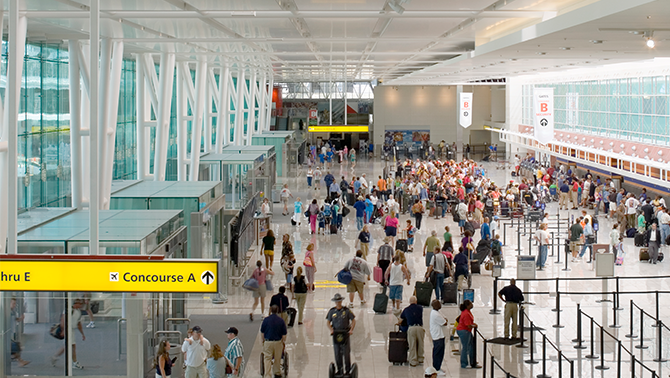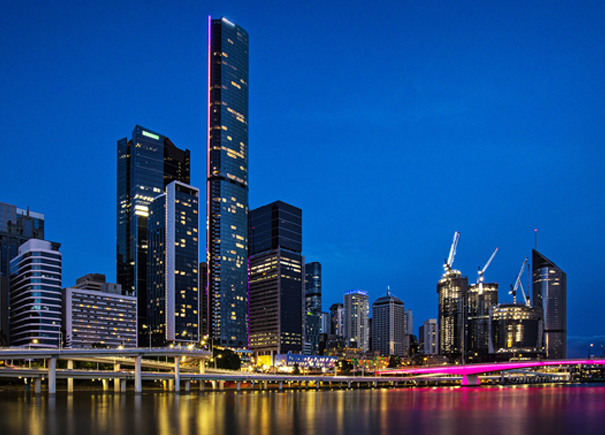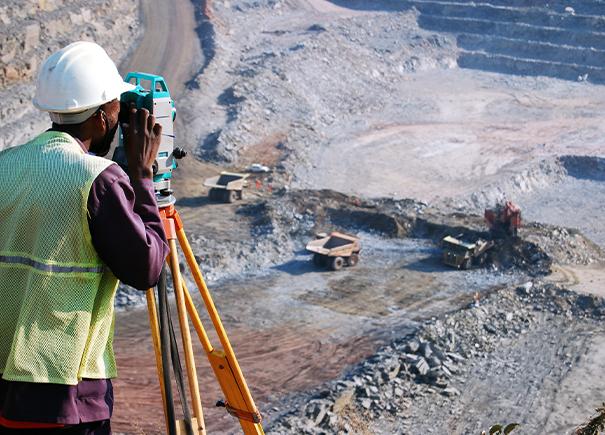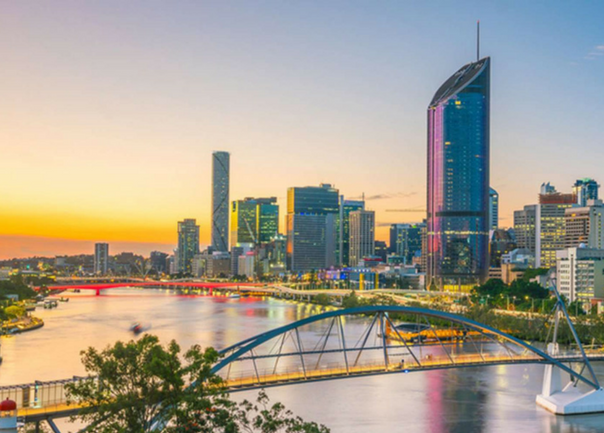Domestic airfares lose altitude as air capacity added

New data from Flight Centre’s flagship corporate divisions, FCM Travel and Corporate Traveller, has revealed average domestic outbound Economy air fares across all carriers have decreased by 10 per cent in the second half of 2023, compared to the same period in 2022.
Domestic Economy cabin airfares averaged $301 in the second half of 2023, equating to a savings of $32 on the same period in the year previous.
Flight Centre Corporate MD for ANZ/Global FCM COO Melissa Elf said the softening of airfares was a welcome relief for travellers, which had a direct impact on the bottom line of Australian businesses.
“We’ve spent some time now assuring our corporate travellers that as airlines continue to recover, and capacity is added back to the network, that travellers would start to see the cost of travel drop,” Ms Elf said.
“We’re starting to see the signs of exactly that – domestic capacity has been back to pre-2019 levels for some time now, and added competition into the market is certainly impacting positively on fare prices.
“We can only expect to see this continue, particularly with new announcements like what we’ve recently seen from Virgin and Link Airways, which will bring on 90 new regional flights per week from March this year, available exclusively through FCM, Corporate Traveller and Virgin’s travel agent partners.
“Further, the introduction of new competition in air travel, and returning capacity of longstanding airlines bodes well for businesses.
“We’ve seen airlines such as Rex upping its services, Bonza has entered the market, and these alternative carriers introduce considerable competition into the market and give passengers choice, particularly on the regional routes that have seen growing demand for business travel.
“In fact, international travel could take a leaf out of Australian domestic travel’s book, given the ongoing constrained capacity of international travel, particularly into Europe.
“Corporate travel is deemed essential for businesses to win new business, attend meetings, events and conferences, and retain staff. The fact corporate travel has remained in high demand during a period of high prices shows that it continues to be a necessity for businesses to survive and thrive.

Flight Centre Corporate analysed the fare prices on key routes. It found Bundaberg (-20.79 per cent), Rockhampton (-20.7%) and Hobart (-18.72%) took out the top spots for the largest drop in fare prices.
“It also proves just how critical it is to have a travel management company on your side that can find you the best deal across a multitude of airlines, lock in the most convenient route, advise on the best time to travel and maximise travel benefits.
“Studies show that business travel correlates to economic growth[1], so with this welcome news, and as economists predict the flattening of inflation – particularly as we approach quarterly inflation results later this month – we can expect to see activity in corporate travel build.”
Flight Centre Corporate analysed the fare prices on key routes. It found Bundaberg (-20.79 per cent), Rockhampton (-20.7%) and Hobart (-18.72%) took out the top spots for the largest drop in fare prices.
State capital city fares dropped across the board, led by Hobart (-18.72%) followed by Melbourne (-13.95%), Sydney (-11.46%), Adelaide (-7.75%) and Perth (-7.32%).
Ms Elf said there was a direct correlation between cities that were adding and welcoming airline capacity and the cost of travel decreasing.
“Our data shows Melbourne is at 97 per cent domestic capacity on pre-2019 levels, and it’s clear that more flights and more competition has led to the significant drop in airfares that we’re seeing into cities with the biggest decreases in fares.”
“Bundaberg, which has seen the largest drop in average fare price, is now at 105 per cent on pre-2019 capacity.
“We’re getting closer to full capacity into Sydney and Brisbane, with capacity and 91 per cent and 95 per cent on pre-2019 levels respectively. There’s more work to be done here, but prices are starting to ease.
“The good news is that Flight Centre Corporate is anticipating pre-2019 capacity to return domestically next month, with international capacity looking to follow suit by mid-2024.”
Percentage change in average fare prices on domestic routes destinations, comparing July-December 2022 against July-December 2023
|
|
Average airfare in July-December 2023 |
Percentage change in fare YoY |
|---|---|---|
|
Bundaberg |
$206 |
-20.79% |
|
Rockhampton |
$197 |
-20.07% |
|
Hobart |
$232 |
-18.72% |
|
Melbourne |
$271 |
-13.95% |
|
Sunshine Coast |
$229 |
-13.37% |
|
Newcastle |
$202 |
-12.02% |
|
Gold Coast |
$188 |
-11.38% |
|
Sydney |
$248 |
-11.36% |
|
Port Hedland |
$458 |
-11.01% |
|
Launceston |
$206 |
-10.27% |
|
Learmonth |
$314 |
-8.78% |
|
Hervey Bay |
$197 |
-7.81% |
|
Adelaide |
$306 |
-7.75% |
|
Perth |
$517 |
-7.32% |
|
Alice Springs |
$394 |
-6.81% |
DATA FROM FLIGHT CENTRE TRAVEL GROUP’S FCM TRAVEL AND CORPORATE TRAVELLER
[1] Harvard, Study shows business travel correlates to economic growth



